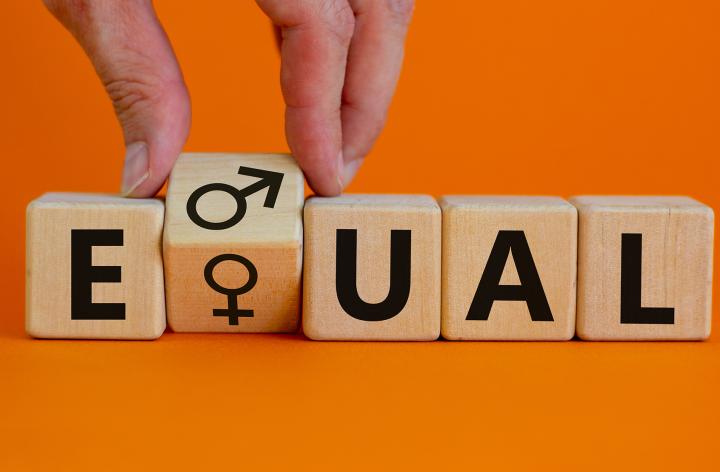
The Retained EU Law (Revocation and Reform) Act 2023 will see the end of supremacy of EU law and the abolition of directly effective rights. The Act makes it easier for UK courts to depart from retained EU case law, potentially creating a wide body of case law which may be reconsidered. However, the Act also grants Ministers the power to restate EU law to resolve ambiguities or to clarify the law.
The Equality Act 2010 (Amendment) Regulations, which are due to come into force on 1 January 2024, are intended to reproduce in domestic law certain aspects of EU law that would otherwise cease to apply in the UK after the end of 2023. The amendments cover the following areas of law:-
1. Direct discrimination related to pregnancy, maternity and breastfeeding
- Ensuring special treatment can be afforded to women in connection with pregnancy, childbirth or maternity;
- That less favourable treatment on grounds of breastfeeding constitutes direct discrimination on grounds of sex, and that this applies in the workplace as in other settings covered by the 2010 Act;
- Ensuring that women are protected from unfavourable treatment after they return from maternity leave where that treatment is in connection with the pregnancy or a pregnancy-related illness occurring before their return;
- Ensuring that women are protected against pregnancy and maternity discrimination in the workplace where they have an entitlement to maternity leave which is equivalent to compulsory, ordinary or additional maternity leave under the Maternity and Parental Leave etc. Regulations 1999 (MAPLE Regulations);
2. Indirect discrimination
- Ensuring that a claimant without a relevant protected characteristic, who suffers a disadvantage arising from a discriminatory provision, criterion or practice (“PCP”) together with persons with the protected characteristic may bring a claim of indirect discrimination;
3. Direct discrimination
- Ensuring that employers and other bodies covered by Part 5 of the 2010 Act may be liable for conduct equivalent to direct discrimination if a discriminatory statement is made regarding recruitment, even when there is not an active recruitment process underway;
4. Equal pay
- Ensuring that an employee is able to draw a comparison for the purposes of equal pay claims with another employee where their terms are attributable to a single body responsible for setting or continuing the pay inequality and which can restore equal treatment, or where their terms are governed by the same collective agreement; and
5. Disability discrimination
- Ensuring that the definition of disability specifically covers a person’s ability to participate in working life on an equal basis with other workers.
The intention of these amendments is to maintain the existing legal position, rather than change it. The Equality and Human Rights Commission (EHRC), while welcoming the legislation, have highlighted the lack of opportunity for Parliament and other stakeholders to scrutinise the proposals for any unintended consequences that the amendments may cause. As with much discrimination legislation, the devil will be in the detail of how the amendments are drafted, and the EHRC intends to monitor the impact of the amendments.


